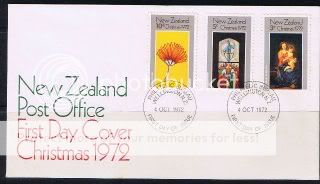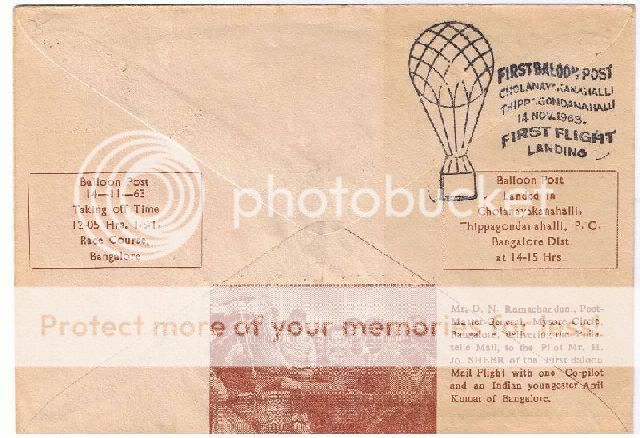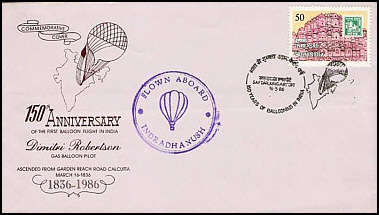Here are a few fist day covers of Christmas stamps issued by New Zealand



Aero-philately is the study of the development of aviation through the medium of philately.


 The first Christmas stamp was issued by Canada in December, 1898. It was not specifically a Christmas stamp but bore the inscription "XMAS 1898 and depicted the British Empire. Canada first issued stamps specifically for Christmas in 1964 and every year thereafter.
The first Christmas stamp was issued by Canada in December, 1898. It was not specifically a Christmas stamp but bore the inscription "XMAS 1898 and depicted the British Empire. Canada first issued stamps specifically for Christmas in 1964 and every year thereafter.
Next balloon flight activity was in 1970 when the Ballooning Club of India was inaugurated on 23rd November, 1970 by American astronaut Mr. Neil Armstrong, in Delhi. A Balloon flight in a hydrogen gas balloon ‘Nimbus’ piloted by the Dutch balloonists Jan Boesman and Nini Boseman with Mr. Vishwa Bandhu Gupta as the sole passenger, took off from Safdarganj Airport and landed at Kalazafargarh village on the outskirts of Delhi .
The flight was organised by the Aero Club of India to commemorate the centenary of the first balloon mail flight of the world in 1870 in Paris, France. Posts and Telegraph Department of India provided a pictorial cancellation to commemorate the occasion. Covers flown in the balloon bear the postmark of 21st November, 1970 and a special cachet in green showing actual date of the balloon flight on 23rd November, 1970.
There were a few balloon flights in India notably in Bombay and Calcutta after the first one in 1936. But none carried mail and hence out of this blog’s scope.
The first balloon mail flight in India took place in India on January 14, 1941. This pioneering mail flight was initiated by Dr. Stephen Smith who had balloons released for observation in Calcutta at Curzon Park. Dr. Smith made special arrangement to carry a message addressed to the Hon Secretary, Indian Airmail . Society, Calcutta. Cover carried by the balloons bore words ‘Carried by balloons on observation flight”. But these were not manned balloons.
The first manned balloon flight carrying mail was flown on 14th November, 1963 when a balloon flight was arranged at the Race course ground in Bangalore. The flight was arranged in aid of the Pestalozzi Children’s village on the lines of balloon flights in Europe. The function was presided over by the Chief Minister of Mysore, Shri S Nijalingappa and inaugurated by Mr. Ramchandani, the Post Master General of Mysore. The balloon was piloted by Mr. H. Jo. Sheer of Pestalozzi Children’s village of West Germany. Mr. Alfred Schulz was the co-pilot and Master Anil Kumar of Bangalore represented India on this unique flight. The philatelic mail included covers and cards of different colours. Some of the covers were signed by the pilot, co-pilot and the sole passenger. Covers bore various cancellations/cachets as can be seen on the covers. Profits from sale of this philatelic mail was donated to the children’s village.


This became a yearly feature till 1966. But cards were flown instead of covers.
Ther were no balloon flights after that. However, there was a special flight in 1867 in aid of the children's village.
From 19th September, 1870 to 28th January, 1871, 66 balloons were used by the Parisians to carry 155 refugees, 354 carrier pigeons and over 2.5 million letters out of Paris. Each piece flown required a notation "Par Ballon Monte" indicating that it was a manned balloon. Balloon montes are relatively expensive and prices can vary according to specific balloons and markings.
Covers flown out of Paris were then forwarded to the addressees through normal mail channels.
Special balloon postcards 10 x 7 cm were manufactured of thin green paper subject to a maximum weight of 4gm.

American John Wise (1808-1879) transported the first official U.S. airmail in a locked U.S. mailbag (123 letters and 23 circulars) aboard his hot-air balloon "Jupiter" from from Lafayette, Indiana to Crawfordsville, Indiana (he had hoped to reach New York City, to which the mail was addressed, or Philadelphia but lack of wind shortened the trip.) Upon landing, Wise transferred the mailbag to a railroad postal agent, who put it aboard a train to Ne w York.
w York.
First day cover of a stamp issued in 1959 to commemorate centenary of the first balloon mail.




THE first balloon ascent in India was made at Calcutta on 16th March, 1836 by Mr. Dimitri Robertson, a French Aeronaut. He had successfully made sixteen ascents before in different places in Europe. The first balloon ascent in India took place from Garden Beach Road, Calcutta. Some letters were carried by Mr. Robertson in his balloon flight and conveyed by means of pigeons to the exhibition ground below. Unfortunately, no details are available nor any letter seem to have survived. This balloon was 24 ft in diameter containing 9006 cubic feet of hydrogen gas. The balloon rose well, but before it attained a good height, it was seen returning earthward. The Aeronaut threw the ballast overboard to assist upward course of the balloon, it was all in vain. He however managed to descend safely, but the balloon was ripped to pieces so no more ascents were possible.
A special Balloon flight with mail was arranged to commemorate the 150th anniversary of the event.

